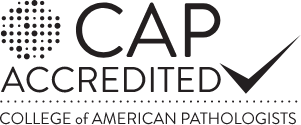Educational
Millennium Health is dedicated to supporting patient care by providing resources and education. We have a variety of educational pieces and technical bulletins designed to help you interpret test results and support clinical decision-making.
Our education programs cover a myriad of topics relevant to your practice and patient population, including the clinical value of drug testing and in the management of pain, mental health, and substance use disorders, risk management when prescribing controlled substances, and current trends in the use of natural and synthetic drugs. Programs can be scheduled with your local Sales Representative to be delivered virtually or live by a member of our field Clinical Affairs team.




